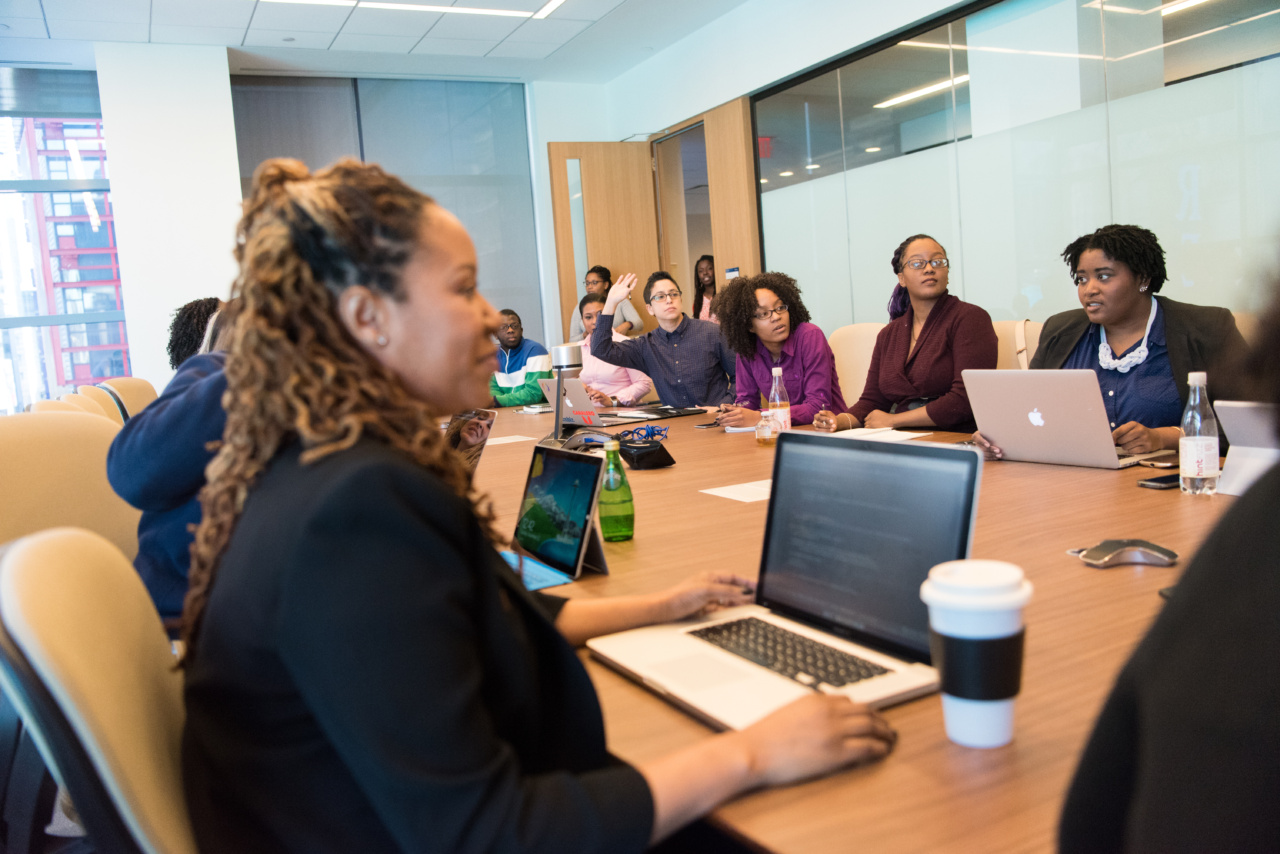Learning is a lifelong process, and it’s not just for children. In fact, continuing to learn as an adult has many benefits.
It can help you develop new skills, build your confidence and self-esteem, stay informed about the latest developments in your industry, and enhance your job performance. Continuing education can also lead to personal growth and empowerment, and help you stay mentally and physically active.
Why Continued Learning is Important for Adults
Continued learning is essential for adults as it allows them to stay competitive in the job market and remain up-to-date with advancements in their field.
With the increasing pace of technological change, staying current on the latest trends and developments is vital to maintaining professional relevance. Continuing education can also help adults who are looking to make career transitions or who are returning to work after a gap.
Furthermore, learning new skills can help adults improve their confidence and self-esteem. This newfound confidence can lead to increased job satisfaction, better relationships, and the ability to tackle challenges with more ease.
Additionally, learning new things stimulates our brains, which can reduce the risk of cognitive decline as we age.
How Continued Learning Can Enhance Job Performance
For adults, continued learning can have a significant impact on job performance. Many employers value employees who are knowledgeable about their industry and eager to adapt to new technologies and processes.
By investing time and resources into continued education, adults can bring new ideas and perspectives to their jobs. This leads to increased efficiency, improved problem-solving skills, and the ability to take on new challenges.
Continuing education also gives adults the opportunity to network with peers and professionals in their field.
This can lead to new job opportunities, learning about best practices in their industry, and the ability to collaborate with others in their field to tackle difficult problems.
Types of Continued Learning for Adults
Continued learning for adults can take many forms. Traditional classroom learning is one option, but it’s not the only one.
Online courses, webinars, and workshops are popular alternatives that allow adults to learn at their own pace and on their own schedule. Many institutions, including community colleges and universities, offer continuing education courses and certificate programs that may be completed online or in-person.
Professional associations and trade organizations also offer a wealth of resources for continued learning. These groups often provide access to industry-specific training, job boards and career resources, and networking opportunities.
Many also offer certification programs that validate a professional’s knowledge and expertise in their field.
Overcoming Barriers to Continued Learning
Despite the many benefits of continued learning for adults, there are several barriers that can prevent individuals from taking advantage of these opportunities. Time constraints, financial constraints, and family obligations are all common barriers.
However, with some planning and effort, these obstacles can be overcome.
For example, time constraints can be addressed by breaking up learning into small, manageable chunks. This can be done by setting aside a specific time each day for learning or by completing coursework or training during work breaks.
Financial constraints can be addressed by seeking out scholarships, grants, or employer-sponsored training opportunities. Finally, family obligations can be addressed by scheduling learning activities during off-hours or finding ways to involve family members in the learning process.
Conclusion
Continued learning is a powerful tool for adults seeking to enhance their job performance, develop new skills, and improve their quality of life.
Whether through traditional classroom learning, online courses, or professional associations, there are many options available for adults wishing to continue their education. By overcoming common barriers and making a commitment to lifelong learning, adults can unlock new opportunities and realize their full potential.





























